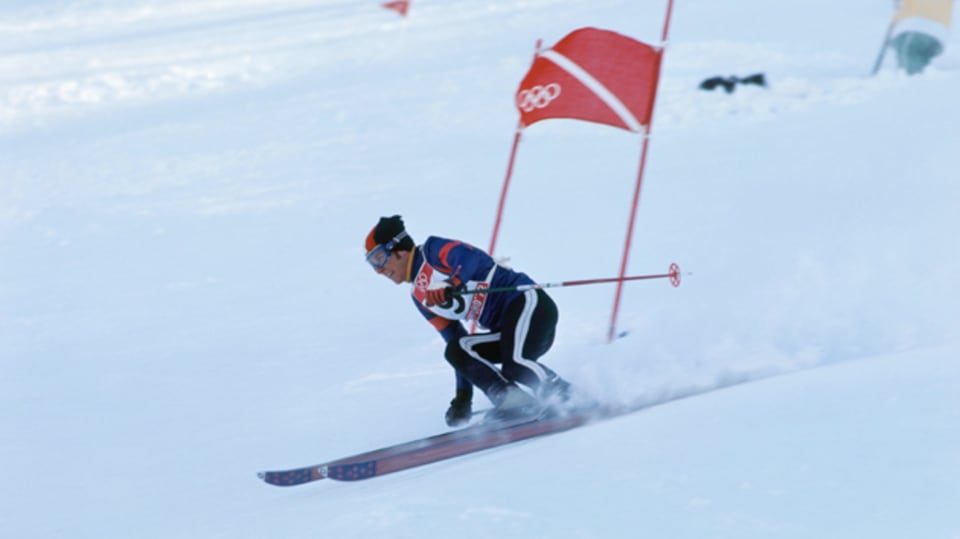
After the first run of the giant slalom in Sapporo, few expected Gustavo Thöni to end the Italian drought.
Thöni stood in third place in the standings, but he was almost half a second behind Norway's Erik Håker, who looked in fantastic form. In silver medal position was the West German Alfred Hagn, and it seemed certain that one of the top two would go on to win the title.
However, Thöni’s self-belief was unshakeable. He was the reigning overall World Cup champion and as he watched the early skiers go in the second run, he was the embodiment of calm and focus.
His prospects were dramatically improved when Håker fell near the top of his run, putting himself out of contention. Suddenly the competition seemed more open.
The focus then switched to Hagn, who held a 0.41 second advantage over Thöni. By now the course was considerably slower, and so was Hagn. He appeared to be skiing too cautiously as if fearful of losing his advantage. In doing so he undermined his own chances, wiping out his advantage.
Thöni left the starting gate knowing that he now had a real chance of taking gold – and he seized it with both hands. His second-run time of 1 minute 37.43 seconds was bettered only by Switzerland's Ed Bruggmann, and was two seconds quicker than Hagn, whose caution cost him a place on the podium and he ended up finishing fourth. In the end, the Italian claimed gold by more than a second to end his country’s 20-year wait for a Winter Olympic title.
